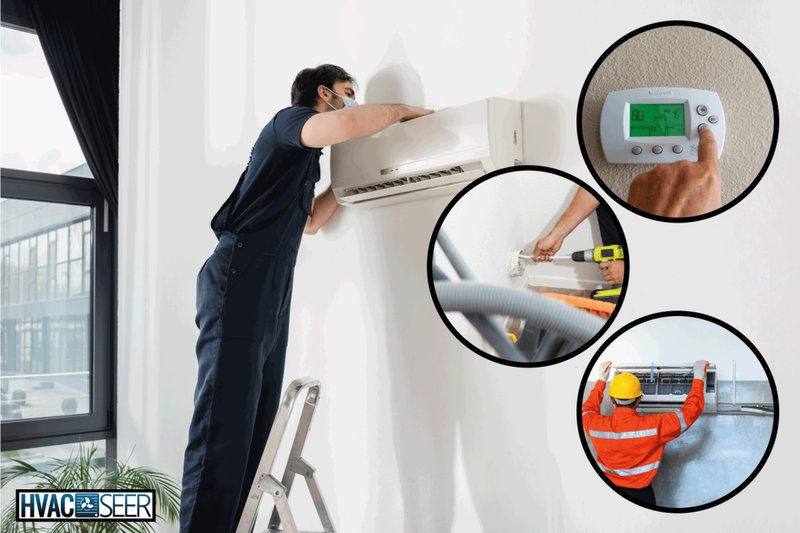
Now, before you panic and start picturing expensive repairs, let’s break this down. Honeywell air conditioners are pretty smart and come equipped with built-in diagnostic tools to alert you to potential issues. This means that when the display flashes “OE,” your unit is basically saying, “Hey, there’s something up with my operation.” It’s like the check engine light in your car—a warning that needs attention but not necessarily an immediate disaster. Understanding what this error code means and knowing when to call a technician can save you time, stress, and maybe even a bit of money.
Understanding the Error Code OE
So, what is this OE code anyway? In the simplest terms, the “OE” error code usually indicates a problem with the drainage system of your Honeywell air conditioner. Think of it like your washing machine when its water isn’t draining properly. Your air conditioner might face a similar issue, where water isn’t being expelled as it should be. When this happens, the unit alerts you to prevent internal water damage or other complications.
This drainage issue could be due to several reasons, such as a clogged drain hose, a faulty pump, or even just an accumulation of debris. Water plays a crucial role in the cooling process, and if it cannot exit the unit correctly, it starts to pool, potentially leading to bigger issues. The internal sensors pick up on this anomaly and flash the “OE” code to catch your attention before things escalate. You definitely don’t want to ignore this, as prolonged neglect could lead to water leakage or even mold build-up.
Once you see the error code, it’s a call to action. But don’t rush to conclusions just yet. Consider walking through a few simple checks before seeking professional help. Is the drain hose kinked or blocked? Can you see any obvious debris lying around? Sometimes, just a gentle cleaning can resolve the issue. If it seems more complex, knowing when to call a technician is key to a swift resolution.
When Is It Time to Call in the Experts?
Here’s the deal: while some problems can be tackled with a bit of DIY enthusiasm, others are best left to professionals. If you’ve tried the initial checks and the OE code persists, it’s time to call a technician. Professional air conditioning technicians are trained to handle the intricate components of your unit and diagnose issues that aren’t immediately obvious. Remember, your air conditioner is a sophisticated piece of machinery, and tinkering without a full understanding may lead to more harm than good.
You might be wondering, “What else can a technician do that I can’t?” Well, apart from having specialized tools, a technician can perform a thorough check-up of your entire system. They can identify not just the present problem but also potential future issues. It’s a bit like how a doctor doesn’t just treat the symptoms but looks for the root cause. So, in this case, you’re not just fixing an immediate problem but ensuring your unit runs smoothly for the long haul.
Before you call, note down when the error appears and any specific conditions that trigger it. Does it happen after the unit’s been running for a long time, or perhaps after recent maintenance? A technician will find this information invaluable when diagnosing the problem. Keep in mind that getting professional help early can prevent a minor problem from snowballing into something more costly.
Preventing Future Issues
Once the issue is sorted, you’re probably thinking, “How can I avoid this in the future?” The first step is regular maintenance. Just like you take your car for periodic services, your air conditioner needs some TLC too. Regularly clean filters, check hoses, and make sure that the area around the unit is free from dust and debris. These simple steps can prevent many common issues from arising in the first place.
Another great tip is to use your air conditioner wisely. Avoid overworking it on particularly hot days by using ceiling fans in conjunction to circulate air more efficiently. This reduces the load on your air conditioner and can help extend its lifespan. Additionally, consider scheduling professional maintenance at least once a year. This proactive approach can spot issues before they become major problems and ensures your unit runs efficiently when you need it most.
By taking these preventative measures, you not only enhance the performance of your Honeywell air conditioner but also save on potentially hefty repair bills. It’s all about keeping things running smoothly and catching problems before they catch you off guard. So, the next time your unit sends out a distress signal, you’ll be ready to tackle it head-on or know precisely when to call in the cavalry.